One of the most attractive features of VA loans is the ability to purchase a home with zero down payment. This benefit has helped countless veterans and service members achieve homeownership without waiting years to save up. However, while a down payment VA loan isn’t required, there are compelling reasons why putting money down on a VA home loan might be your smartest financial move.
Understanding Your VA Loan Payment Options
The Department of Veterans Affairs designed the VA loan program to eliminate traditional barriers to homeownership. As stated on VA.gov, “You don’t need a down payment. None whatsoever.” While conventional and FHA loans typically require 3.5% to 5% down (that’s up to $12,500 on a $250,000 home), VA loans offer 100% financing.
Despite this flexibility, many veterans are discovering significant VA down payment benefits that make the optional VA down payment worth considering. Let’s explore why putting money down on your VA loan could save you thousands and strengthen your position as a buyer.
Top VA Down Payment Benefits That Impact Your Bottom Line

Benefit #1: Dramatically Lower VA Funding Fees
Every VA loan includes a one-time funding fee that helps sustain the program. This fee can be paid upfront or rolled into your loan, but here’s where strategic planning pays off:
• First-time VA borrowers: Standard funding fee is 2.5% of the loan amount
• With 5% down payment: Fee drops to just 1.5%
• With 10% or more down: Fee reduces further to 1.25%
Repeat VA loan users see even greater savings:
• Less than 5% down: Funding fee can be as high as 3.3%
• 5% or more down: Fee drops to 1.5%
• 10% or more down: Fee reduced to 1.25%
Benefit #2: Significantly Lower Monthly Payments
Making a VA loan down payment directly reduces your loan amount, which translates to lower monthly payments. Here’s a real-world example:
Scenario: $300,000 home purchase, 6.5% interest rate, 30-year term
• Borrower A (0% down): $300,000 loan = $1,896 monthly payment
• Borrower B (5% down): $285,000 loan = $1,805 monthly payment
Result: Borrower B saves $91 per month, or $1,092 annually, by making a 5% down payment.
Benefit #3: Competitive Edge in Hot Markets
In competitive real estate markets, sellers often receive multiple offers. A VA loan down payment can make your offer more attractive by:
• Demonstrating financial strength: Shows you have skin in the game
• Matching conventional loan standards: A 5% down payment puts you on equal footing with conventional buyers
• Reducing seller concerns: Eliminates misconceptions about VA loan reliability
Benefit #4: Potential for Lower Interest Rates
According to the Consumer Financial Protection Bureau, “a larger down payment means a lower interest rate, because lenders see a lower level of risk when you have more stake in the property.”
When exploring VA loan payment options, ask your lender to quote rates for both scenarios:
• Zero down payment option
• 5%, 10%, or higher down payment options
The interest rate savings over 30 years could be substantial, even if you’re only putting down a modest amount.

Strategic Considerations for Your Optional VA Down Payment
When Making a Down Payment Makes Sense
Consider putting money down on your VA home loan if you:
• Have sufficient emergency savings remaining after the down payment
• Want to reduce long-term interest costs
• Are competing in a seller’s market
• Qualify for a lower interest rate with money down
• Want to minimize your monthly payment obligations
When Zero Down Might Be Better
The no-down-payment option works best when you:
• Have limited savings and need to preserve cash for moving costs and emergencies
• Want to invest your available cash in higher-return opportunities
• Are purchasing in a buyer’s market where down payments don’t provide competitive advantages
VA Loan Types That Maintain Zero Down Payment Options
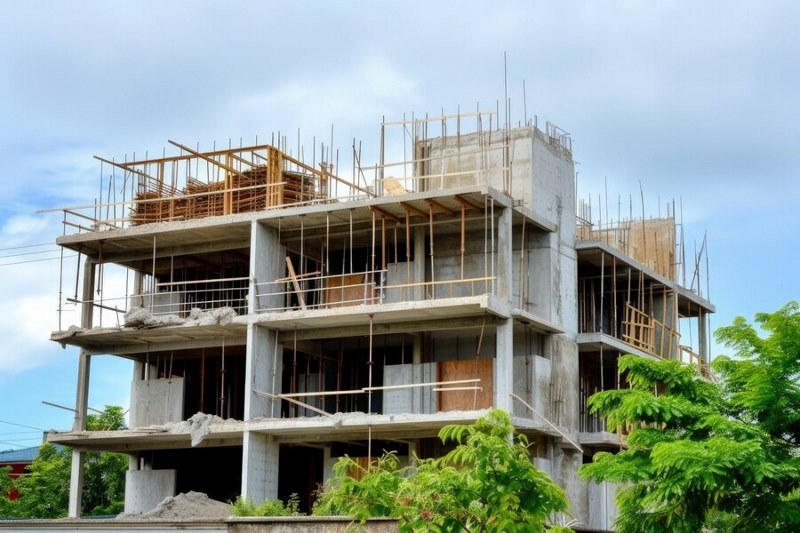
Most VA loan types do not require a down payment, making them an appealing option for qualified borrowers. These specialized VA loan payment options provide flexibility for veterans with different homeownership goals:
1. VA Jumbo Loans finance higher-end properties that exceed the Federal Housing Finance Agency’s (FHFA) conforming loan limits. Even for these more expensive homes, VA jumbo loans don’t demand a down payment, allowing veterans to purchase premium properties without a substantial upfront investment. This means you can access luxury markets and higher-value areas while still taking advantage of the no-down-payment benefit.
2. VA Construction Loans provide financing for building a new house from the ground up. These loans enable veterans to construct their dream homes without worrying about the burden of a down payment. Whether you’re planning a custom build or working with a contractor on new construction, you can break ground on your project without needing to save for years to accumulate a traditional down payment.
3. VA Land Loans help finance land purchases for future construction projects. With this type of loan, veterans can secure the perfect plot for their future home without making a sizable upfront payment. This option is particularly valuable for veterans who want to buy land now and build later, allowing them to lock in property while planning their construction timeline.
VA Loan Property Requirements
When using a VA loan to purchase a home, the property must meet specific standards to qualify for financing. The VA maintains these requirements to ensure veterans are investing in safe, livable homes that will retain their value.
All properties must satisfy the VA’s Minimum Property Requirements (MPRs), which cover essential safety and habitability standards. These include structural soundness, adequate heating and cooling systems, reliable water and electrical service, a functioning roof, and freedom from health or safety hazards. A VA-approved appraiser will evaluate the property to confirm its market value and verify compliance with these standards before financing can proceed.
The property must serve as your primary residence, as VA loans are designed for owner-occupied homes rather than investment properties. However, the program accommodates various property types, including single-family homes, townhomes, condominiums, manufactured homes, new construction, and even multi-unit properties like duplexes or triplexes (as long as you live in one of the units).
Final VA approval of the property is required before your loan can close, ensuring the home meets all program guidelines and represents a sound investment for both you and the VA.
Making the Right Choice for Your Financial Future
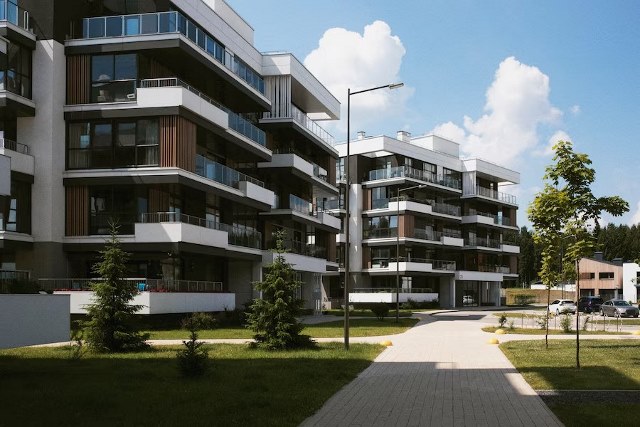
The beauty of VA loan payment options lies in their flexibility. Whether you choose the traditional zero-down approach or decide to make an optional VA down payment, you’re leveraging one of the most powerful homebuying tools available to veterans.
Before deciding, consider using a VA loan down payment calculator to model different scenarios. Input various down payment amounts to see how they affect:
• Monthly payment amounts
• Total interest paid over the loan term
• Upfront costs, including funding fees
Remember, the goal isn’t just to buy a home—it’s to make a smart financial decision that supports your long-term wealth building. The VA down payment benefits outlined above can help you save thousands of dollars and strengthen your position as a homebuyer, even when putting VA money down isn’t required.
Your service earned you this incredible benefit. Now it’s time to use it strategically to build the financial future you deserve.

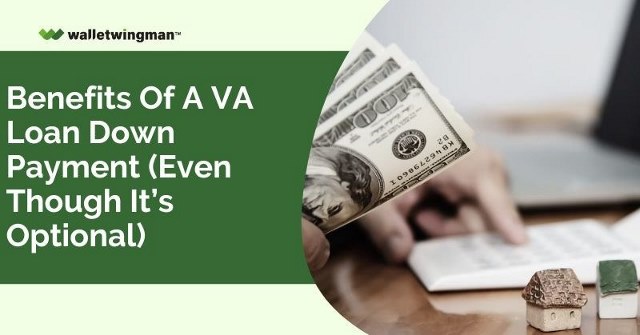
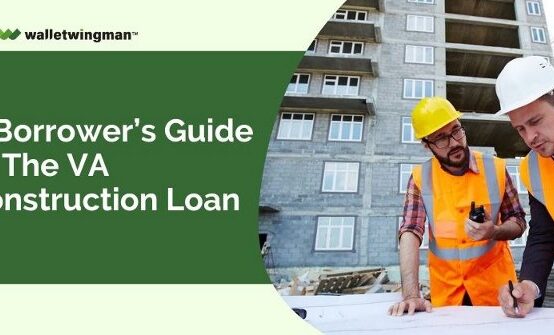 A Borrower’s Guide to the VA Construction Loan
A Borrower’s Guide to the VA Construction Loan  How to Buy a Condo Unit with a VA Mortgage Loan
How to Buy a Condo Unit with a VA Mortgage Loan 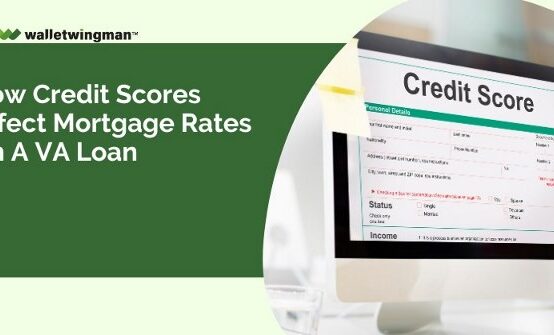 How Credit Scores Affect Mortgage Rates on a VA Loan
How Credit Scores Affect Mortgage Rates on a VA Loan 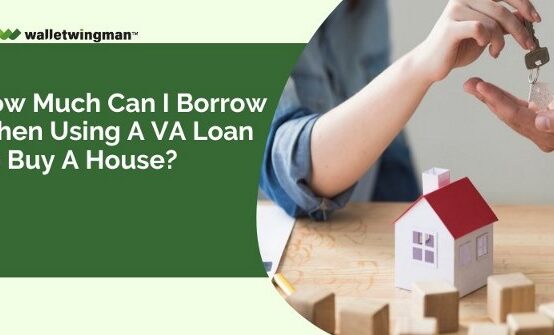 How Much Can I Borrow When Using a VA Loan to Buy a House?
How Much Can I Borrow When Using a VA Loan to Buy a House? 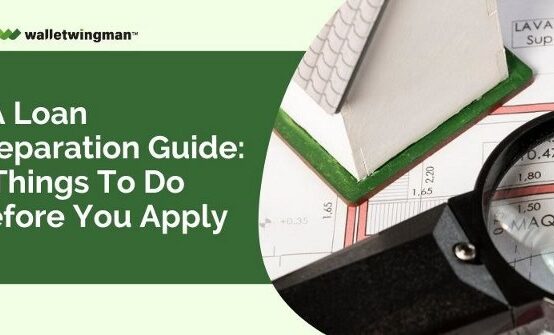 VA Loan Preparation Guide: 7 Things to Do Before You Apply
VA Loan Preparation Guide: 7 Things to Do Before You Apply 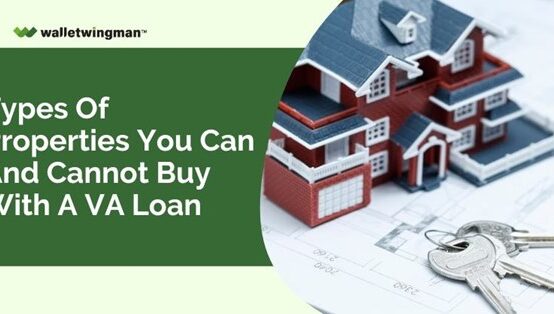 Types of Properties You Can and Cannot Buy With a VA Loan
Types of Properties You Can and Cannot Buy With a VA Loan 